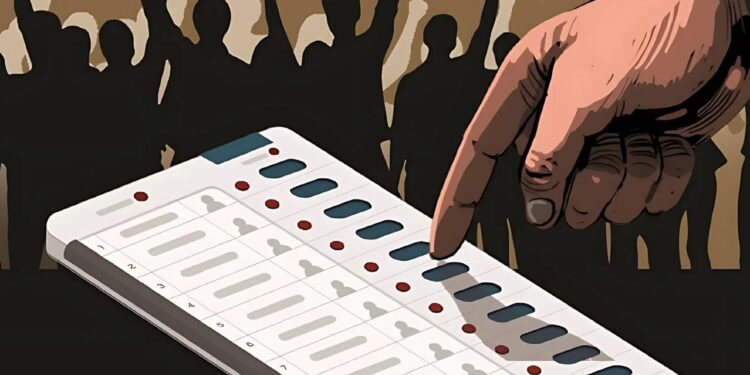On Monday, the Supreme Court rejected a public interest litigation (PIL) petition that sought the reintroduction of the paper ballot voting system in elections, along with a series of proposed electoral reforms [Dr. KA Paul v. Union of India and Others].
A Bench of Justices Vikram Nath and PB Varale dismissed the petition, finding little merit in the claims raised by the petitioner, Dr. KA Paul. The petitioner had argued that Electronic Voting Machines (EVMs) were prone to tampering and suggested that India should adopt a paper ballot system, similar to countries like the United States, to safeguard the integrity of elections. Dr Paul also highlighted concerns voiced by political leaders, including Chandrababu Naidu and YS Jagan Mohan Reddy, who had previously questioned the reliability of EVMs.
The Court, however, rejected this argument, noting, “When leaders like Chandrababu Naidu or Mr Reddy lose, they claim that EVMs have been tampered with; when they win, they don’t say anything. How can we entertain this kind of reasoning? This is not the place to discuss such matters.” The Bench concluded that there was insufficient evidence or grounds to support the petitioner’s claims of widespread EVM tampering.
Along with the EVM issue, Dr. Paul raised several other electoral concerns. He proposed:
- Disqualifying candidates for five years if caught distributing money or liquor during elections, along with a comprehensive policy to address such violations;
- Implementing a voter education program aimed at increasing electoral participation;
- Establishing an independent investigative body to scrutinize the sources of political party funding;
- Creating a clear policy framework to prevent violence during elections.
Despite these concerns, the Court found the arguments unconvincing and dismissed the PIL, stating that the issues raised could not be addressed through such a petition.

















